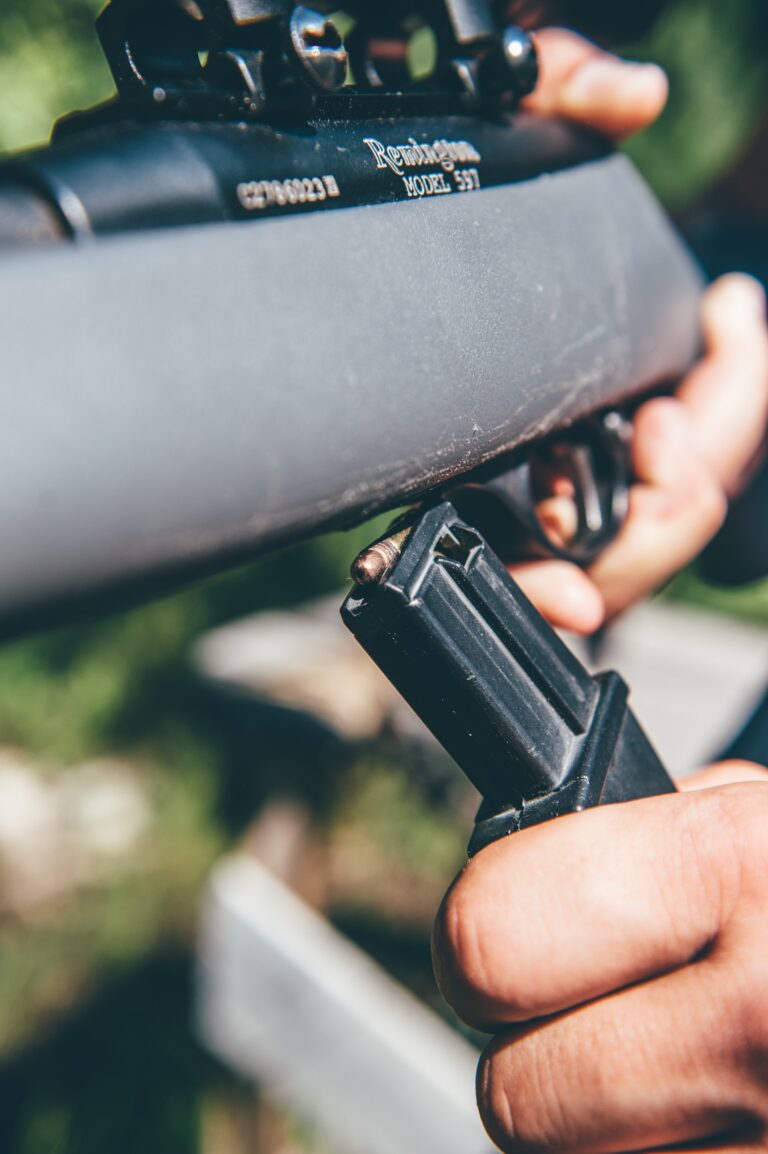What is the legality of guns and firearms in France?
Gun ownership and use in France is heavily regulated, with strict laws and guidelines in place to ensure public safety. Firearms are classified into four categories, ranging from Category A, which includes prohibited weapons, to Category D, which includes firearms and weapons available for purchase without a permit. To own a firearm in France, individuals must possess a valid license and comply with strict storage and transportation requirements.
How does one obtain a gun license in France?
Obtaining a gun license in France is a rigorous process that involves several steps. These include:
- Membership in an approved shooting club or valid hunting license
- Medical examination and certification of physical and mental fitness
- Completion of a gun safety training course
- Submission of an application to the local police or gendarmerie, including documentation of the above requirements and a criminal background check
- Approval from the local prefecture, which may take up to several months
Once a license is granted, it must be renewed every five years. Additionally, gun owners are required to submit to periodic inspections of their firearms and storage facilities.
What are the laws, penalties, and law enforcement practices for firearms in France?
French gun laws are strict, and penalties for noncompliance can be severe. Some key aspects of these laws include:
- Prohibition of fully automatic firearms and military-grade weapons
- Strict storage requirements, including secure gun safes and separate storage for ammunition
- Transportation regulations that require firearms to be unloaded and stored in locked cases
- Mandatory reporting of lost or stolen firearms
- Regular inspections by law enforcement to ensure compliance with storage and safety regulations
Violations of these laws can result in fines, imprisonment, and revocation of firearm licenses.
What is the public opinion on guns and firearms in France?
Public opinion on gun ownership and firearm regulation in France is varied. While some citizens support the right to own firearms for self-defense and sport, others argue for stricter regulations and greater oversight to prevent gun-related violence. Recent terrorist attacks in France have led to increased security measures and heightened public debate on the role of firearms in society.
What types of guns are commonly found in France?
The most common types of firearms in France are hunting rifles and shotguns, as well as handguns for sport shooting. Military-style firearms, such as assault rifles, are strictly regulated and rarely found in civilian hands.
What are the rules regarding air rifles and airsoft guns in France?
Air rifles and airsoft guns are subject to less stringent regulations in France. However, there are still rules governing their use and ownership. For example, air rifles with a power output above 20 joules require a firearm license, and airsoft guns must have an orange tip to distinguish them from real firearms. Additionally, the use of air rifles and airsoft guns in public places is prohibited.
According to the Small Arms Survey, France has an estimated 12.7 million firearms in civilian hands, equating to about 19.6 guns per 100 people. The country ranks 12th worldwide in terms of civilian firearm ownership. In 2016, France had a total of 2,830 gun-related deaths, with a rate of 4.24 deaths per 100,000 people.
How do government laws and regulations affect gun ownership in France?
French government laws and regulations play a significant role in shaping gun ownership in the country. Strict licensing requirements, background checks, and mandatory safety training help to ensure that only responsible and qualified individuals can legally own firearms. Additionally, regular inspections and stringent storage and transportation rules promote safe gun ownership and use. Overall, these regulations work to maintain a balance between individual rights and public safety in France.
